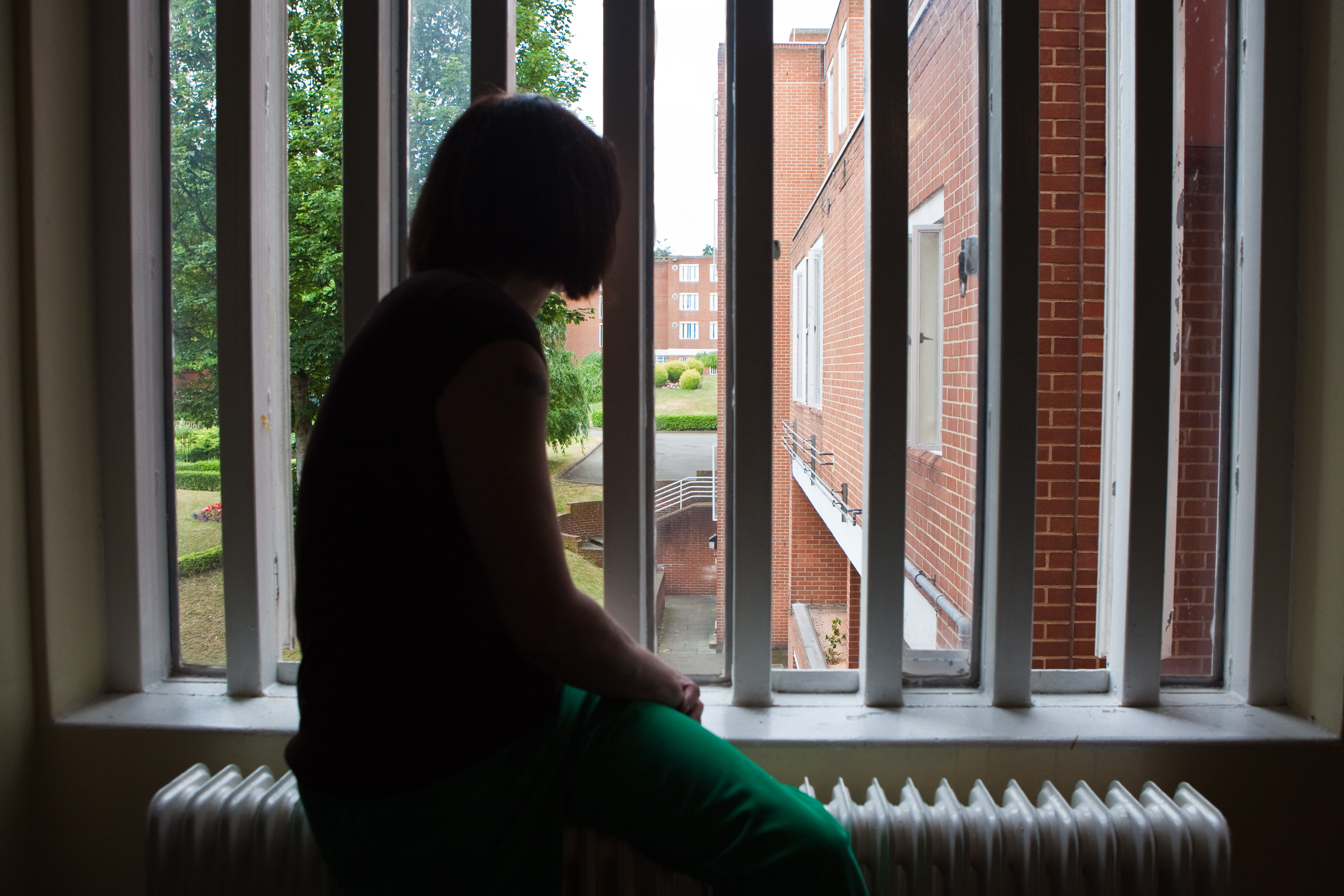Birth Companions' response to the Chief Medical Officer's report on the health of prisoners
Welcome recognition of the unique and complex health needs of pregnant women and mothers of infants in prison and on probation.
Welcome recognition of the unique and complex health needs of pregnant women and mothers of infants in prison and on probation.

Birth Companions welcomes the Chief Medical Officer’s report on ‘the health of prisoners’ and its recognition of the unique and complex health needs of pregnant women and mothers of infants in prison and on probation.
We are particularly encouraged by the report's acknowledgment that all pregnancies in prison are high-risk and that imprisonment should be avoided wherever possible. As the report notes, the inclusion of pregnancy and the postnatal period as a mitigating factor in sentencing has been a vital step forward in protecting the health and wellbeing of women and their babies, but there is still much to be done.
Professor Chris Whitty’s report highlights the urgent need for consistent, trauma-informed care across the prison estate. We echo the calls for:
It is of key importance that Professor Chris Whitty and his co-authors have highlighted probation in this way. The addition of pregnancy and the postnatal period as a mitigating factor in sentencing guidelines, and the Sentencing Bill currently passing through parliament, means more women should be receiving community or suspended sentences instead of prison sentences. Yet understanding of the needs and experiences of women under probation supervision during pregnancy and early motherhood is severely lacking, as is relevant data. Midwives and women on probation report significant barriers to accessing care, including stigma and a lack of support. Work must be done to address this gap, and to establish new guidance and good practice in support for pregnant women, mothers and babies throughout the critical first 1001 days, from conception to a child’s second birthday, as a matter of urgency.
Birth Companions is calling for a radically different approach to the first 1001 days across the criminal justice system. The work of the Women’s Justice Board and the Sentencing Bill present real opportunities for change. We have to seize them.
The 1001 days in the CJS campaign calls for:
These changes would allow us to embed a trauma-informed and compassionate response to pregnancy and early motherhood throughout and beyond this system, improving outcomes for mothers and children, and breaking intergenerational cycles of harm and disadvantage.
To discuss this news story, or request interviews on this topic, please get in touch.